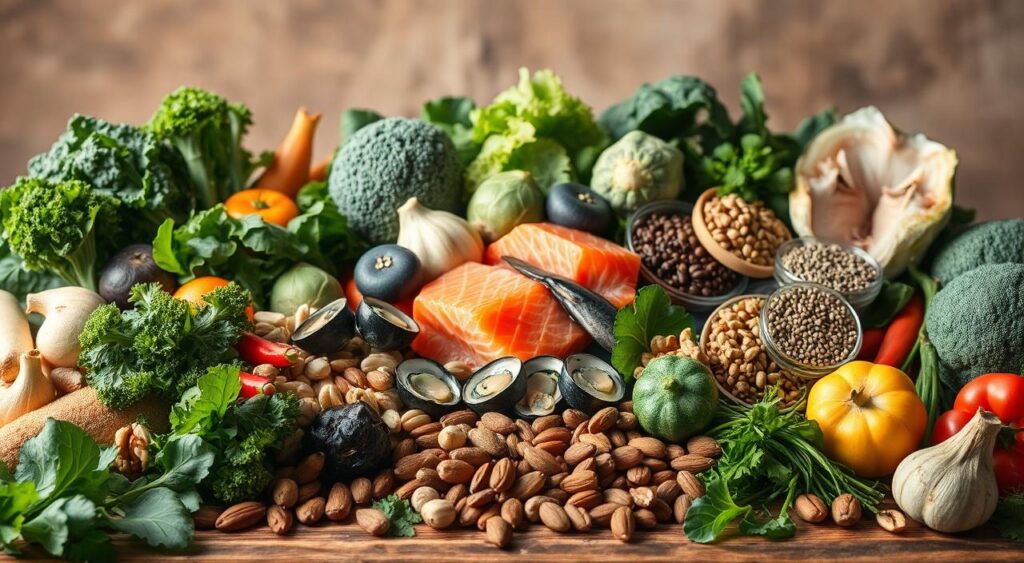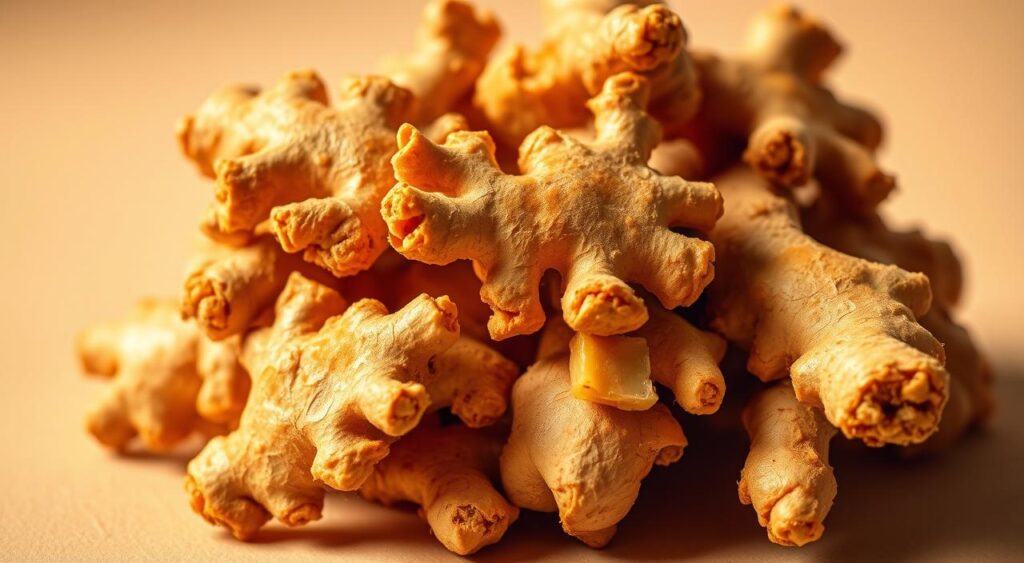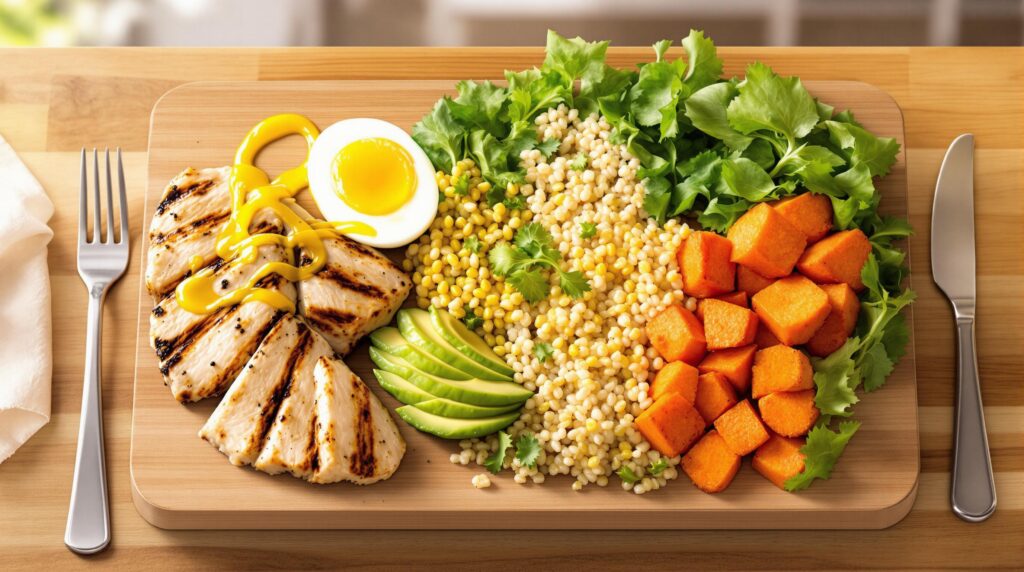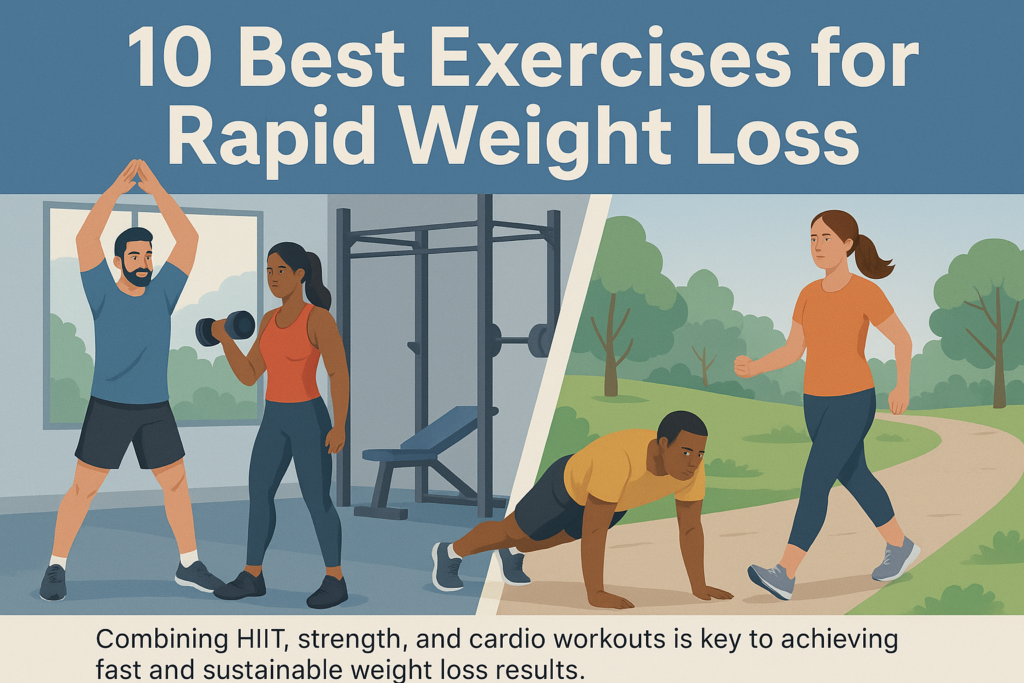Ever wondered why some people can eat anything and stay slim, while others struggle? It’s often about boosting metabolism naturally. Your metabolic rate affects how well your body burns calories. Certain foods can help you burn more calories.
By adding specific foods to your diet, you can improve your metabolism. This way, you can enjoy a healthy lifestyle while reaching your wellness goals. Are you ready to find out how to naturally boost your metabolism?
Understanding Metabolism and Its Importance
Metabolism is how your body turns food into energy. It’s a complex system of biochemical reactions. These reactions are key to keeping your metabolic rate steady. Factors that influence this rate include your age, genes, and body type. Knowing these can help you manage your energy better.
A good metabolism is key to keeping your weight in check. When your metabolism is healthy, your body burns calories well, stopping weight gain. Eating regularly and exercising boosts your metabolism and energy. Also, getting enough sleep is important for hormone balance and metabolism.
By focusing on these basics, you can build a strong metabolism. Eating foods rich in nutrients and staying active increases energy use. This balanced approach helps with weight management.
How to Boost Metabolism Naturally
Boosting your metabolic rate is easier than you think. Simple, effective strategies can help. Making lifestyle changes for better metabolic rate can be a big step towards your health goals. Here are some easy tips to improve your metabolism:
- Eat a balanced diet: Include whole foods, lean proteins, healthy fats, and lots of fruits and veggies.
- Stay physically active: Do regular exercise, like strength training and cardio, to build muscle and lose fat.
- Prioritize sleep: Get enough rest each night. Lack of sleep can hurt your metabolism.
- Hydrate adequately: Drink lots of water all day to help your body detox and boost metabolism.
Changing your daily habits can boost your metabolism. Remember, being consistent is important. Even small changes can help keep your energy up and help with weight management.
| Strategy | Impact on Metabolism |
|---|---|
| Balanced Diet | Provides essential nutrients for energy and metabolic processes |
| Regular Exercise | Increases muscle mass and caloric burn, even at rest |
| Quality Sleep | Regulates hormones that control metabolism |
| Proper Hydration | Facilitates nutrient absorption and supports metabolic functions |
Protein-Rich Foods That Rev Up Your Metabolism
Eating protein-rich foods can really boost your metabolism. These foods make your body work harder to digest them, burning more calories. Studies show that protein is better at increasing your metabolic rate than carbs or fats. This makes it key for keeping muscle mass, if you’re trying to stay fit.
Benefits of Increased Thermic Effect
Protein foods need more energy to digest and use. This means your body burns more calories. The main advantages are:
- Improved Weight Management: Eating more protein can help you lose weight by increasing calorie burn.
- Muscle Preservation: Enough protein keeps your muscles strong when you’re eating fewer calories.
- Enhanced Satiety: Protein meals make you feel full longer, so you snack less.
Examples of Protein-Rich Foods
There are many tasty protein foods that boost metabolism and help build muscle. Try adding these to your diet:
- Lean meats like chicken, turkey, and lean beef
- Fish such as salmon, tuna, and tilapia
- Eggs, which are easy to use in many dishes and are high in protein
- Dairy items like Greek yogurt, cottage cheese, and low-fat milk
- Beans and legumes, like lentils, chickpeas, and black beans
Mineral-Rich Foods for Optimal Thyroid Function
Your thyroid function is key to your metabolism. It’s important to eat foods rich in minerals like iron, selenium, and iodine. These minerals help your thyroid make hormones and keep your metabolism balanced. Eating enough of these can prevent health problems.
The Role of Iron and Selenium
Iron and selenium are vital for your thyroid. Iron helps make thyroid hormones. Selenium protects your thyroid from harm. Eating foods with these minerals helps your body stay energized and healthy.
Food Sources Rich in Iodine
Iodine is also key for your thyroid. Not getting enough can cause health issues. To get enough iodine, eat seaweed, dairy, and iodized salt. Fish and shrimp are also good for iodine. Check out healthy food ideas for more options.
| Mineral | Function | Food Sources |
|---|---|---|
| Iron | Supports hormone synthesis | Red meat, lentils, spinach |
| Selenium | Antioxidant protection | Brazillian nuts, eggs, fish |
| Iodine | Essential for thyroid hormones | Seaweed, dairy, iodized salt |

The Metabolism-Boosting Power of Chili Peppers
Chili peppers are known for their heat and health benefits. The key ingredient, capsaicin, helps speed up your metabolism. It makes your body burn more calories. This makes chili peppers great for weight management.
Understanding Capsaicin
Capsaicin is what makes chili peppers spicy. Eating foods with capsaicin can increase your metabolic rate. It helps your body burn fat more efficiently.
This boost in metabolism is good for those trying to lose or maintain weight.
Effects on Appetite
Capsaicin also helps reduce hunger and cravings. Eating chili peppers regularly can make it easier to eat healthy. They add flavor to your meals and help control your appetite.
Caffeinated Beverages: Coffee and Tea
Caffeinated drinks like coffee and green tea boost your metabolism. They contain special compounds that help burn fat and improve health. This makes them great for those trying to lose weight.
Effects of Caffeine on Metabolic Rate
Caffeine can raise your metabolic rate by 5% to 20% for about three hours. Drinking lots of coffee can stop fat from building up in your body. Research shows that caffeine can help you lose weight and lower your BMI.
Caffeine works by blocking adenosine, a neurotransmitter that slows down your brain. This leads to more activity in your brain and the release of dopamine and norepinephrine.
Green Tea’s Role in Fat Oxidation
Green tea has catechins that help burn fat, mainly when you exercise. Caffeine in green tea boosts your metabolism even more. Drinking green tea regularly can help you reach your fitness goals by burning fat faster.
For more information on how coffee affects your metabolism, check out this link here.

Beans and Legumes: Fiber’s Contribution to Metabolism
Eating beans and legumes can boost your metabolism. These foods are packed with fiber and protein. They need more energy to digest, helping you burn more calories.
Beans like black beans, kidney beans, and chickpeas are great choices. They help increase your caloric burn.
How Beans Increase Caloric Burn
Beans are full of protein and fiber. The body uses more energy to break them down. This can make your metabolism faster.
Research shows that eating beans and legumes can help with weight management. They make you feel full and reduce calorie intake.
Resistance Starch and Gut Health
Legumes also have resistant starch, a type of fiber. It helps keep your gut healthy and improves digestion. A healthy gut is key to good health and metabolism.
Resistant starch also helps with fat metabolism. This makes beans a great choice for those trying to stay healthy.
The Surprising Benefits of Ginger in Metabolism
Ginger is a natural wonder for boosting metabolism. It has unique thermogenic properties. Adding ginger to your daily meals can help manage weight by increasing energy use.
This spice not only makes food taste better. It also helps you feel full, which can lower calorie intake.
Thermogenic Properties of Ginger
Ginger’s thermogenic effects are key to its metabolism-boosting power. Research shows ginger can raise your body’s temperature, burning more calories.
Using ginger in your food or drinks can be beneficial. Try adding grated ginger to smoothies or enjoying warm ginger tea. It’s a tasty way to support your metabolism.

Cacao: A Delicious Metabolism Booster
Cacao is more than a tasty treat; it’s a great metabolism booster. It’s packed with flavonoids, which are good for your metabolic health. These compounds help improve blood flow, which is key for using energy well in your body.
Flavonoids also help your heart and might aid in weight control. This makes cacao a great choice for those looking to boost their metabolism.
Studies show that cacao’s flavonoids help with fat management. Eating dark chocolate with high cocoa content is best. It gives you the most benefits without too much sugar.
Adding cacao to your diet is easy. Try unsweetened cocoa powder in smoothies or dark chocolate as a snack. These options can help your metabolism and let you enjoy a tasty treat.
Flavonoids and Their Health Benefits
Flavonoids in cacao are very beneficial. They help with metabolism, reduce inflammation, improve insulin sensitivity, and boost blood flow. These benefits make your metabolism stronger and improve your overall health.
Regularly eating cacao can lead to long-term health gains. It’s not just good for your metabolism but for your overall well-being too.
Medium-Chain Triglycerides (MCT) Oil and Metabolic Rate
MCT oil is becoming more popular because of its unique effects on your metabolism. It’s different from long-chain triglycerides because it’s quickly absorbed by your body. This means it’s used for energy right away, not stored as fat.
When you drink MCT oil, it turns into ketones. These ketones are a great energy source, helping you stay energized all day. This is why MCT oil is good for burning fat and keeping you going during workouts. Many people notice they burn more calories with MCT oil in their diet.
To add MCT oil to your meals, try mixing it into smoothies, coffee, or salad dressings. It adds flavor and boosts your energy and metabolism. If you want to improve your fat burning, MCT oil is a great choice for your diet.
Hydration: The Link Between Water and Metabolism
Drinking enough water is key for your health and boosts your metabolism. Studies show that drinking water can make your metabolism work faster. This means drinking water can help you burn more calories.
Learning how water affects your metabolism can encourage you to drink more. It’s a simple way to improve your health.
How Water Influences Caloric Burn
Drinking cold water raises your body temperature. This requires energy, helping you burn calories. This effect shows how important water is in your diet.
Drinking water regularly keeps your energy up and helps with digestion. Adding more water to your day can help your metabolism work better.
If drinking enough water is hard, here are some tips:
- Carry a reusable water bottle to help track your intake.
- Infuse water with fruits or herbs for added flavor.
- Set reminders on your phone to encourage regular sips throughout the day.
- Replace sugary drinks with water during meals.
Keeping track of your water intake is good for your health and metabolism. Make sure to drink enough water every day.
| Hydration Tips | Caloric Burn Potencial |
|---|---|
| Drinking 0.5 liters of water | Approx. 24 calories burned |
| Cold water consumption | Increases caloric burn by 3% temporarily |
| Infused water for flavor | Increases likelihood of water consumption |
| Replacing soda with water | Eliminates excess calories |
The Benefits of Seaweed for Thyroid Health
Seaweed is a top choice for iodine, key for a healthy thyroid. Eating seaweed regularly boosts iodine in your body. This helps your thyroid work better and speeds up your metabolism.
Seaweed does more than just provide iodine. It also helps your body break down fats better. Adding seaweed like nori, kelp, and dulse to your meals is easy. It brings important nutrients to your diet.

Adding seaweed to your meals is easy and tasty. You can put it in salads, soups, or snack on it. It’s not just good for your thyroid. It’s also part of a healthy lifestyle, boosting your overall health.
Conclusion
Using holistic methods to boost metabolism can really help with weight control. By adding science-backed foods and lifestyle changes, you can make your body work better. Foods high in protein and minerals, like capsaicin and caffeine, help with digestion and burning energy.
But, the real power comes from mixing these foods with a balanced diet, exercise, and enough water. Each part is key to a better metabolism. It’s not just about food, but also how you live that matters for your health.
Start making small changes to improve your metabolic health. Even small steps can make a big difference. By focusing on your health, you can keep a healthy weight for good. These steps will help you live a healthier, more energetic life.




Pingback: Strength Training for a Faster Metabolism: Weekly Plan
Pingback: Thermogenic Foods: What Actually Increases Calorie Burn